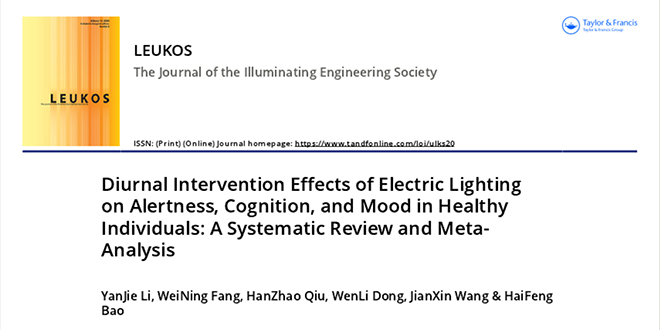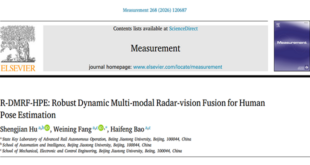Non-image forming effects of electric light can be employed to address problems related to individuals’ productivity in isolated and confined extreme environments (ICEs). A systematic review and meta-analysis, registered at PROSPERO (Registration ID: CRD 42022326269), were conducted to thoroughly evaluate the efficacy of the daytime artificial light intervention on alertness, cognition, and mood using psychological, cognitive performance, and physiological
multimodal measures. Twenty-eight studies were identified after an extensive search scope of major electronic databases including Web of Science, Embase, PubMed, Scopus, and PsycINFO.Results revealed that the use of daytime light interventions significantly improved alertness and cognition, and reduced the alpha wave of electroencephalogram, whereas no significant difference was observed for mood. Subgroup analyses by intervention attribute suggested that light parameters and time characteristics affected the efficacy of diurnal light intervention with varying degrees. Future work investigating the correlation between the two variables is needed to further our understanding of the impact of daytime electric light on human responses. This study and its methodology can be useful for researchers as they establish lighting design guidelines capable of improving human functions in ICEs.
YanJie ,WeiNing Fang,HanZhao,WenLi Dong,JianXin Wang &HaiFeng Bao, LEUKOS. https://doi.org/10.1080/15502724.2023.2279946
 复杂系统人因与工效学研究所
复杂系统人因与工效学研究所

